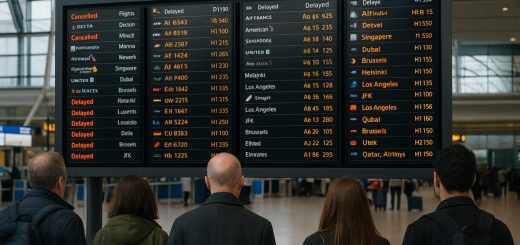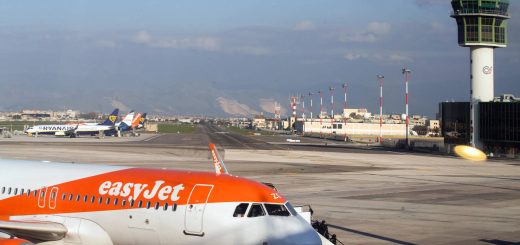Iberia’s Flight Plan 2030: A Strategic Takeoff
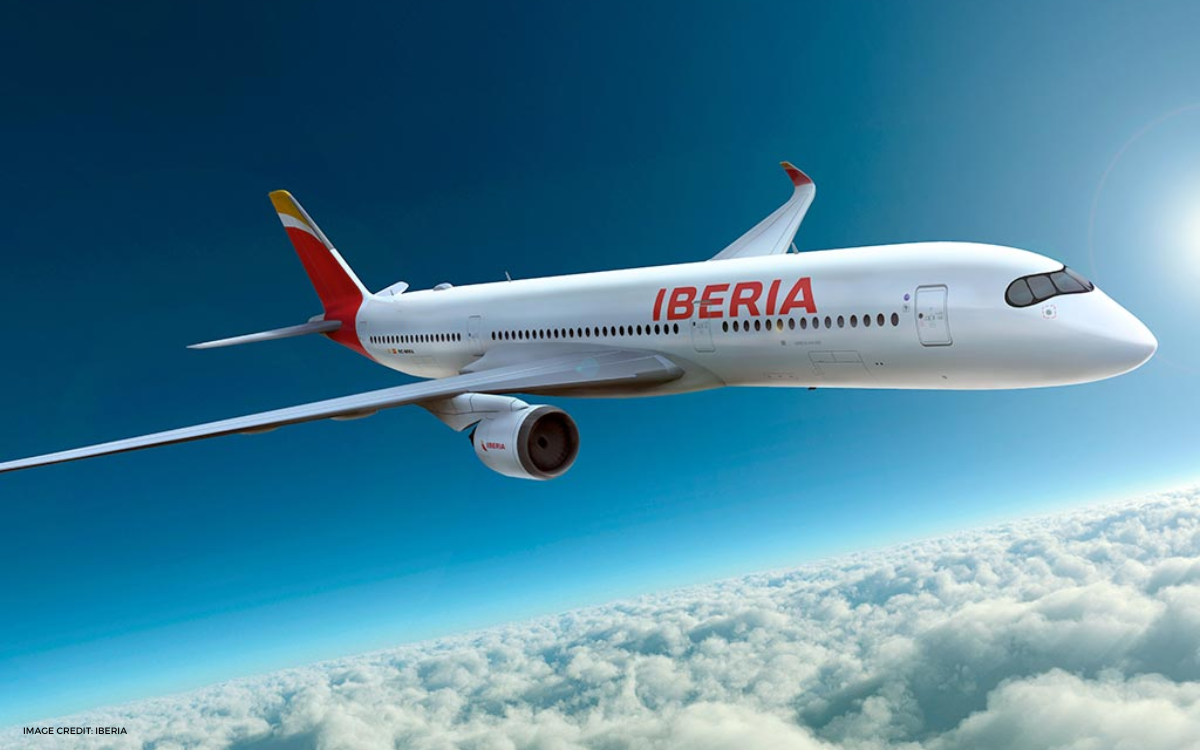
Iberia’s Flight Plan 2030
In June 2025, Spanish flag carrier Iberia, part of International Consolidated Airlines Group (IAG), unveiled its Flight Plan 2030, an ambitious strategic roadmap to chart its next phase of growth, innovation, and sustainability (reuters.com). Under the leadership of President and CEO Marco Sansavini, Iberia has committed to investing €6 billion by 2030. Here’s how the carrier plans to reinvigorate its fleet, enhance customer experience, reinforce Madrid’s hub status, and elevate sustainability.
-
Fleet Expansion & Renewal
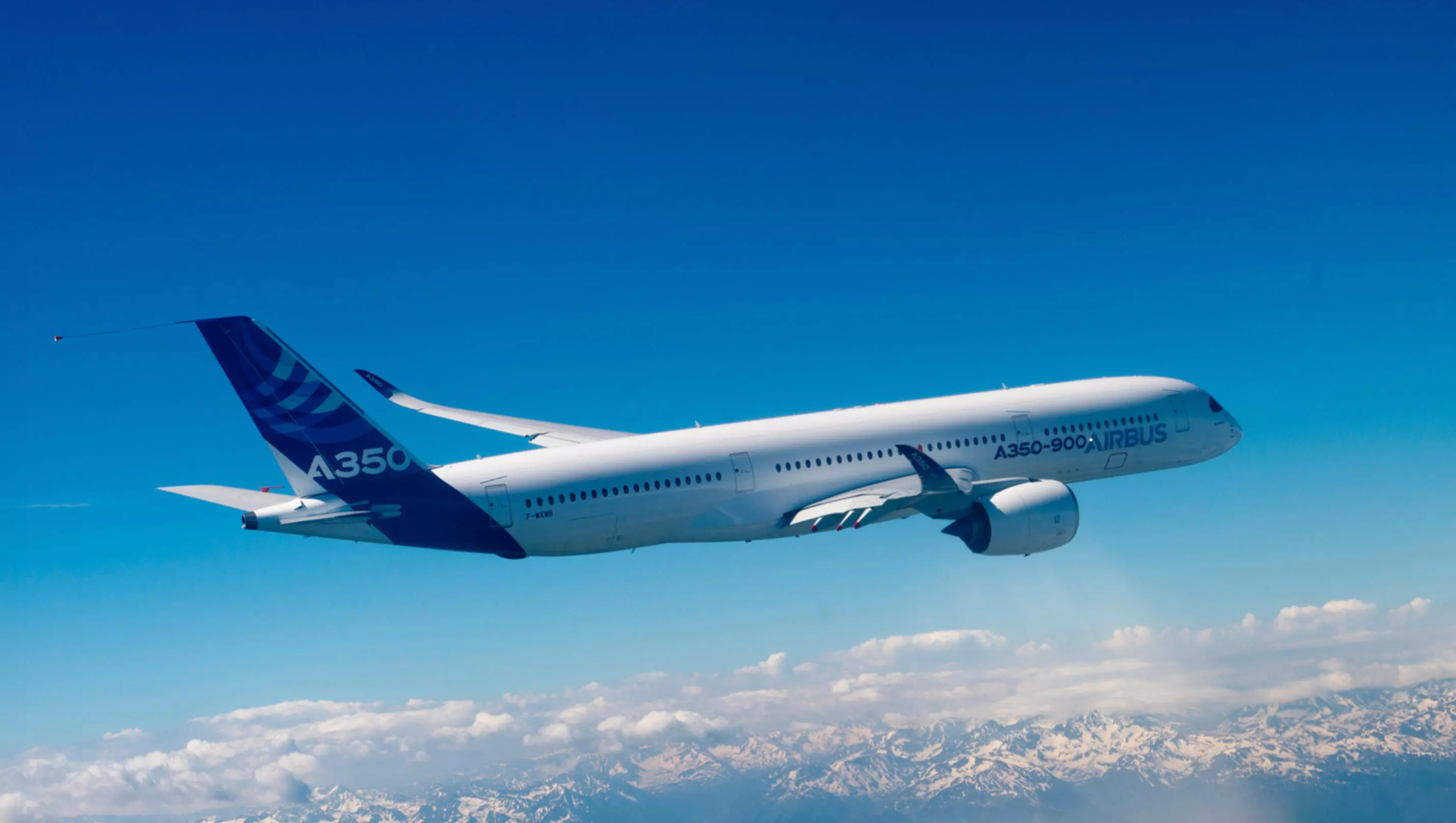
Airbus A350‑900s
A core pillar of the plan is fleet transformation. Iberia aims to increase its long-haul fleet from the current 45 aircraft to approximately 70 by mid‑2030. The plan includes new Airbus A350‑900s, additional A321XLRs, and potential A330neo acquisitions via IAG’s group orders.
Simultaneously, the short‑ and medium‑haul fleet will undergo a complete renewal. Older aircraft will be phased out in favor of fuel‑efficient A320neo and A321neo models—reinforcing Iberia’s path toward net-zero emissions by 2050 (aerotime.aero).
To reach the expanded long-haul fleet, 14 new aircraft are already confirmed (five A321XLRs and nine A350s), putting the fleet at around 59 jets ahead of full deployment (cincodias.elpais.com).
-
Financial Ambitions & Profitability
To support these investments, Iberia has set a target annual profitability margin of 13.5% to 15%, aiming to generate around €1.4 billion in medium‑term profit (linkedin.com). Impressively, 70% of the €6 billion is expected to be funded through internal cash flow.
-
Revitalizing the Madrid Hub
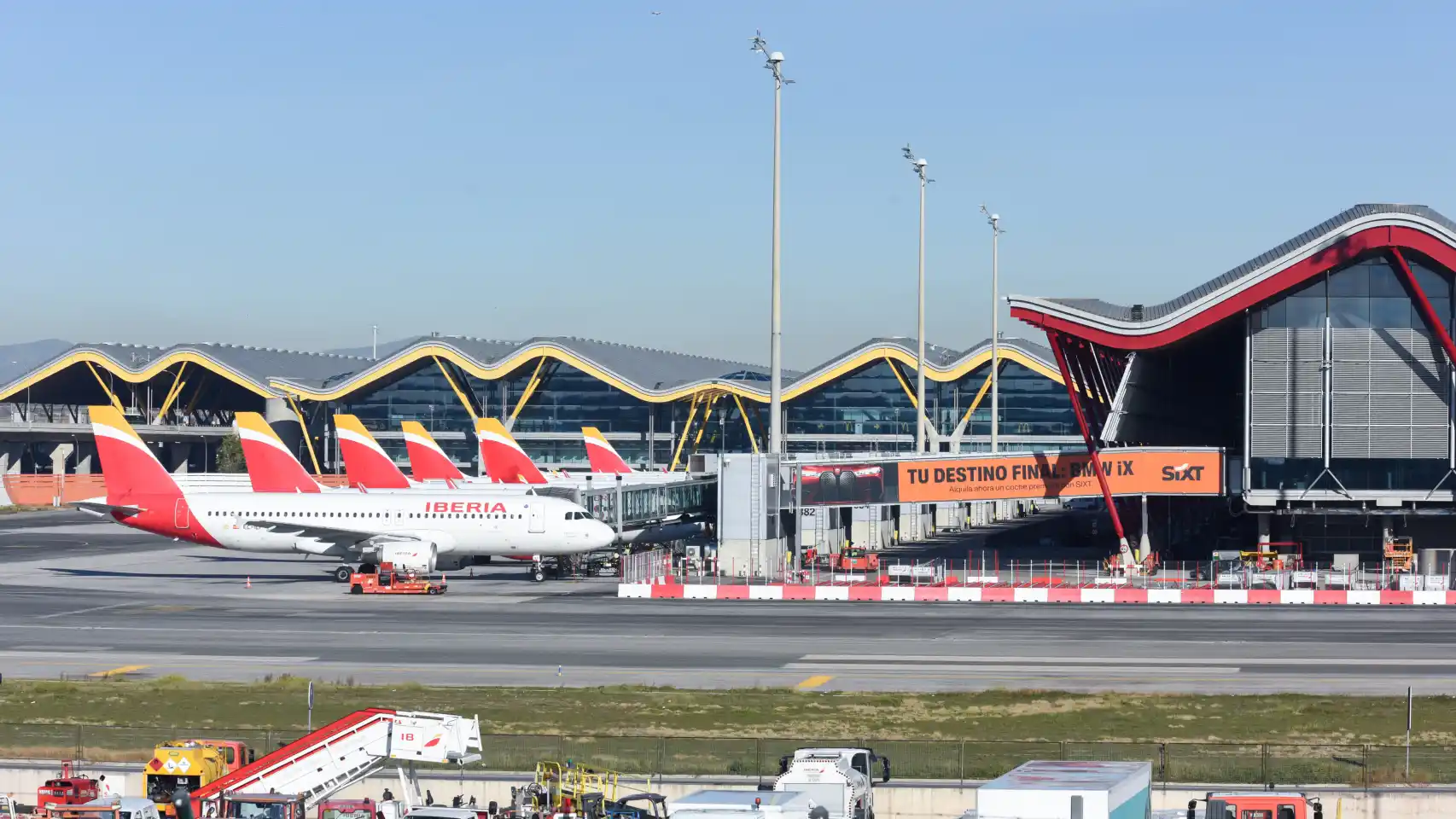
Reinfocing Madrid-Barajas as a main international Hub
Aimed at reinforcing Madrid-Barajas (MAD) as a premier European and global hub, the plan includes:
New long-haul routes to Toronto, Philadelphia, Monterrey, Recife, Fortaleza, and Orlando.
Construction of a new Premium Lounge in Terminal 4, offering enhanced facilities for premium passengers.
A major collaboration with airport authority Aena to expand Terminal 4’s capacity to meet new traffic demands.
-
Ciudad Iberia & Innovation Hub
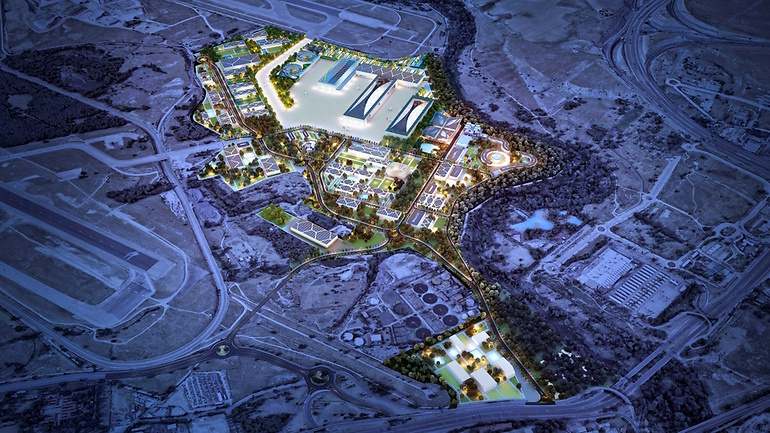
Ciudad Iberia
One of the Plan’s most visionary aspects is “Ciudad Iberia”, a new aeronautical innovation campus and corporate headquarters built at La Muñoza next to MAD. With a planned investment of €600 million, this hub will serve as a center for MRO (maintenance, repair, overhaul), R&D, and digital innovation, solidifying Iberia’s tech-forward pivot.
-
Customer Experience & Digitalisation
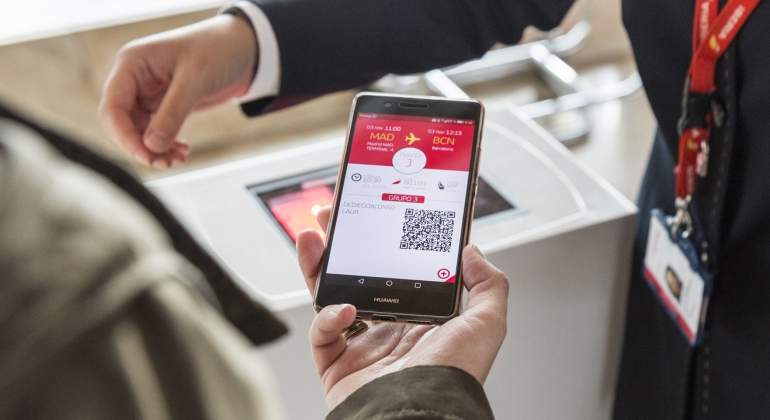
Customer Experience & Digitalisation at Iberia
Flight Plan 2030 places customer experience at the forefront, with wide-ranging enhancements:
Full cabin refurbishment of all long-haul aircraft, upgrading comfort, seating, and in-flight entertainment systems.
Investments in AI, digitalisation, and personalisation, enabling smoother operations, predictive customer service, and individualized travel experiences (worldaviationfestival.com).
Ground-level improvements such as better baggage handling, expanded carry-on space in narrow-bodies, and the new Premium Lounge at Madrid-Barajas.
-
Human Capital & Social Impact
To support growth, Iberia plans to hire approximately 1,000 employees per year, boosting direct, indirect, and induced employment to 250,000 jobs by 2033, up from about 160,000 in 2024. The airline has also reshaped its executive team by creating new leadership roles in Customer and Strategy, Transformation & Sustainability to effectively drive Flight Plan 2030.
-
Sustainability & ESG Commitments
Environmental and social responsibility remain interwoven throughout the plan. Iberia emphasizes:
Progress toward net-zero emissions by 2050, with interim milestones via fleet upgrades and operational optimizations.
Broader ESG alignment through the UN’s Agenda 2030, promoting sustainable aviation fuels (SAF), circular economy practices, diversity, social inclusion, and partnerships with NGOs.
Summary of Iberia’s Flight Plan 2030
Iberia’s Flight Plan 2030 presents a bold, multi-dimensional blueprint to evolve from a regional flag carrier into a trailblazing global airline. By aligning aggressive fleet expansion, financial discipline, Madrid’s hub optimization, digital innovation, customer-centric services, and sustainability commitments, Iberia aspires to secure its position as Europe’s premier connector. If all pillars hold, and labor peace remains intact, this €6 billion investment could well redefine Iberia’s trajectory through the next decade.


